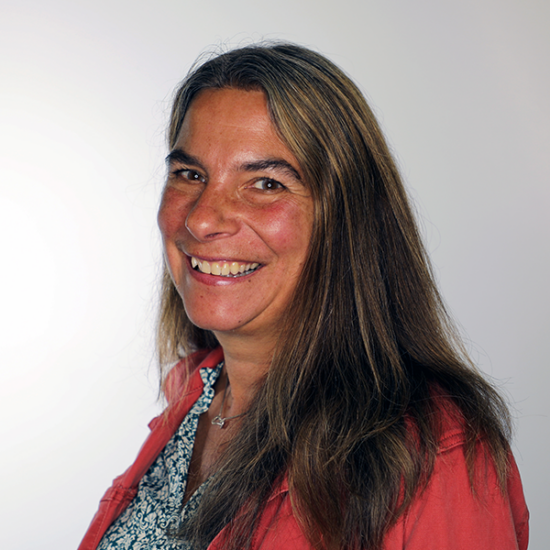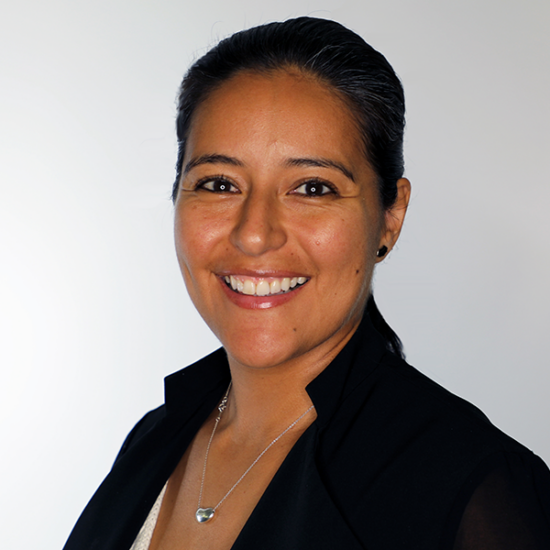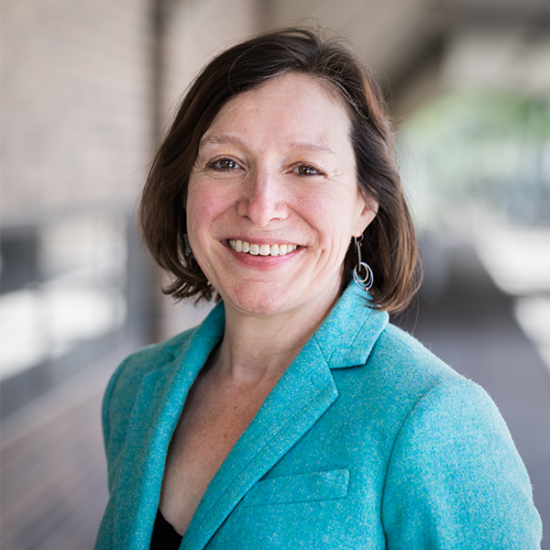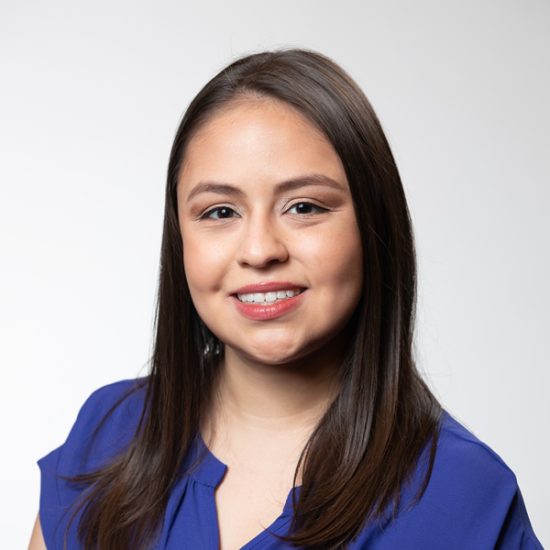Making an impact that lasts a lifetime for young learners and their families
The foundation for lifelong learning is laid during the first few years of a child’s life. Ninety percent of a child’s brain growth occurs before Kindergarten. Early childhood educators play a critical role in supporting young children's development and learning and their work can have a long-lasting positive impact on children's well-being and success.
UIC's master's program in Early Childhood Education reflects the most recent scholarly advances about the cultural and contextual nature of children’s learning, while also responding to the needs of the Chicagoland community. The program was the first in the state of Illinois to prepare teachers to work with all young children regardless of ability, and is today still one of very few that offer blended curriculum in early childhood and early childhood special education.
The program educates professionals dedicated to working with young children and their families across a wide range of settings. During the program, students have the opportunity to earn an Illinois Professional Educator License (PEL) with endorsements in Early Childhood Education, Early Childhood Special Education, the Illinois Gateways Level 5 Early Childhood Education credential, and/or the Illinois Early Intervention credential.
Degree Requirements
Degree Requirements
Overall: 32 credit hours
at least 9 hours at the 500 level
Faculty
Frequently Asked Questions
What can I do with the MEd degree in Early Childhood Education?
Program completers who include the Illinois State Board of Education (ISBE) Professional Educator License (PEL) option will be qualified to teach children with and without disabilities in Illinois public schools ages birth to eight years. Program completers are also qualified to work with young children and their families in a range of other settings including, but not limited to, community-based childcare, private schools, camps and museums. Completers who apply for the Illinois Department of Human Services Early Intervention (EI) credential can work as a developmental therapist in Illinois EI programs serving children and families ages birth through three.
What is the focus of the MEd in Early Childhood Education?
The MEd in Early Childhood Education is a blended early childhood and early childhood special education program designed to prepare program completers to work with all children and their families. The primary focus is on preparing teachers, but program completers also are qualified for other roles including working as a developmental therapists and leadership roles in early childhood settings.
How long does the program take?
This is a 32-hour master’s degree program plus 18 additional hours for those students opting for the Illinois State Board of Education (ISBE) Professional Educator License (PEL) option with endorsements in early childhood education and early childhood education. Students who take three courses per fall and spring term plus one additional course in the summer will complete the program in two years. Students can also follow a three-year program sequence that requires two classes fall and spring term and no summer.
Is student teaching required?
For students pursuing the Illinois State Board of Education (ISBE) Professional Educator License (PEL) option 14 weeks of student teaching is required. The student teaching course is the culminating class in the program. The program coordinator will work with you to find an appropriate placement. Your place of employment may be considered. Throughout the program, students will also complete field work aligned with courses in settings serving young children and their families.
Is testing required?
There are no testing requirements for admission. Students pursuing the Illinois State Board of Education (ISBE) Professional Educator License (PEL) option must take and pass the ISBE content test in Early Childhood Special Education before student teaching.
Is transfer of course credit allowed?
Transfer of course credit is not automatic and requires approval of program faculty. The UIC Graduate College permits no more than 25 percent of the hours to be transferred into the degree. The MEd in Urban Higher Education will only transfer 8 credit hours of relevant coursework if approved by the program coordinator. For more information about credit transfer procedures, please consult the UIC Graduate Catalog.
Can I hold a job while in the program?
Yes, many students in the program are employed in various roles working with young children and their families. Evening course meeting times help to reduce conflicts between work and academic schedules.
When do courses meet?
Most courses meet once a week in the evenings (5 p.m.–8 p.m.) Monday through Thursday on campus. Some courses are offered as hybrids, part on campus and part online. Some courses are offered online asynchronously.
Do I need an undergraduate degree in education to apply for the program?
Students are welcome from a variety of academic backgrounds. What is critical is a commitment to working with young children and their families.
Can I afford the degree?
UIC makes every effort to help students pay for the cost of going to college. Our college Financial Aid page can help answer your questions.
Review the UIC tuition and fee schedule and find out more about billing and payment options.
The University of Illinois at Chicago offers six basic types of financial aid for graduate students: fellowships, assistantships, tuition-and-selected-fee waivers, traineeships, loans, and employment. Applicants for these types of aid must be admitted to a graduate degree program or have a completed application pending. Eligibility for loans is determined by the Office of Student Financial Aid. Applicants for loans should go directly to the Office of Student Financial Aid. Applications for fellowships, assistantships, and tuition/fee waivers are available in the department office, the Graduate College Office, and on the Graduate College website. In the administration of these programs and in selecting students for participation in them, the University of Illinois at Chicago adheres to the Nondiscrimination Statement on the Office for Access and Equity website.
What scholarships are available for students in the MEd in Early Childhood Education?
Listed below are a sample of the scholarships available for students pursuing ECE degrees and licensure. Check application dates carefully, some have due dates prior to UIC program admission dates.
Illinois Gateways scholarship (requires employment in ECE)
ISAC SETTW program (requires FAFSA)
ISAC MTI scholarship (requires FAFSA)
ISAC ECACE scholarship (requires FAFSA and employment in ECE)
TEACH scholarship (Requires FAFSA)
Can I get housing on campus?
Yes. It is best to apply as soon as you know you want to live on campus, because applications are prioritized by date of application. Visit campus housing to find out more and submit your application.
What student support does the College of Education provide?
The UIC College of Education is committed to the success of its students. If you have concerns or questions you can stop by the Office of Student Services or make an appointment to see a faculty advisor. The College encourages a good working relationship between students and their advisors. You can also find support from your professors and fellow students. UIC offers many support programs and opportunities that encourage academic success. Your program advisor can help you connect to UIC resources.








